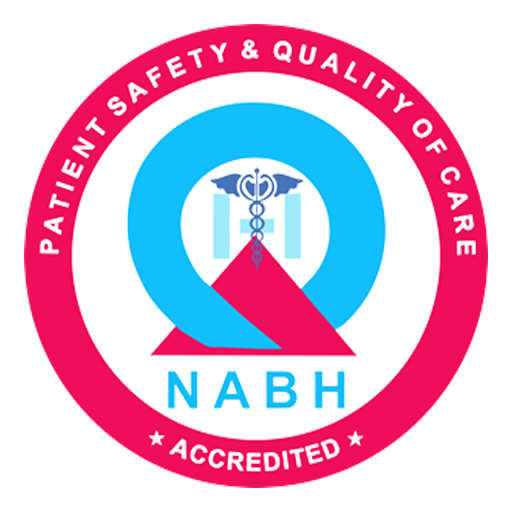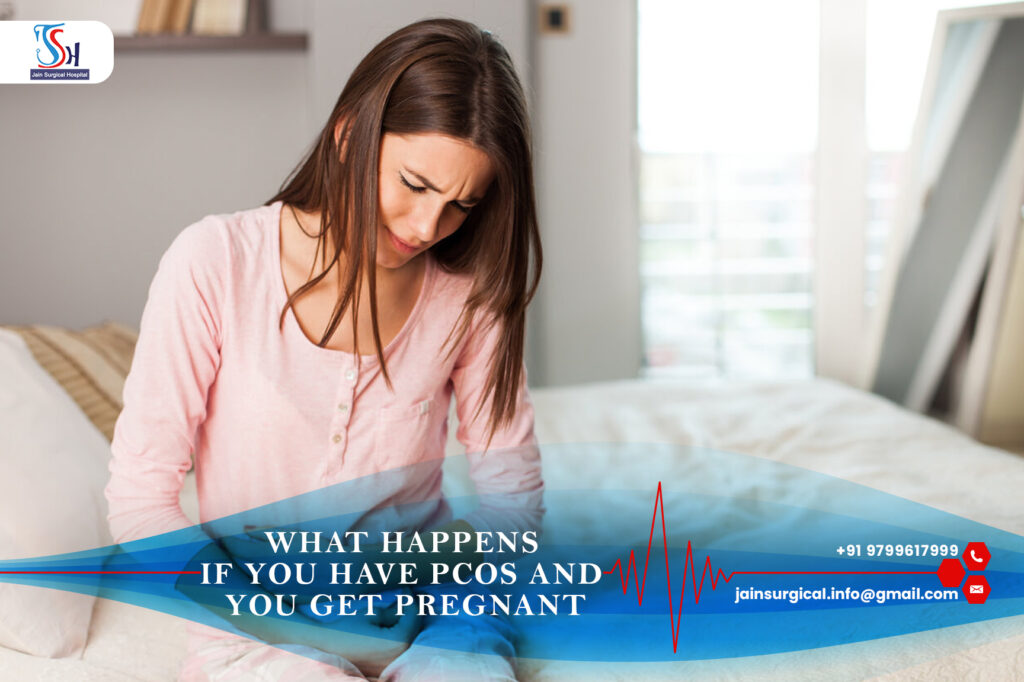If you have Polycystic Ovary Syndrome (PCOS) and you become pregnant, it can have various effects on your pregnancy. PCOS is a hormonal disorder that affects women of reproductive age and can lead to difficulties with ovulation, irregular menstrual cycles, and the formation of small cysts on the ovaries.
Here are some important points to consider if you have PCOS and become pregnant:
- Increased risk of complications: Women with PCOS may have a slightly higher risk of certain complications during pregnancy, such as gestational diabetes, preeclampsia (high blood pressure during pregnancy), and preterm birth. However, with proper prenatal care and management, most women with PCOS have healthy pregnancies and deliver healthy babies.
- Gestational diabetes: PCOS is often associated with insulin resistance, which increases the risk of developing gestational diabetes during pregnancy get best doctor for this Best urology hospital in kota. This condition affects how your body processes sugar and can lead to high blood sugar levels. Close monitoring of blood sugar levels, dietary changes, and, if necessary, medication or insulin may be required to manage gestational diabetes.
- Monitoring and care: If you have PCOS, your healthcare provider will likely monitor your pregnancy more closely to ensure the well-being of both you and your baby. This may include regular prenatal check-ups, additional ultrasounds to monitor fetal growth, and blood tests to assess hormone levels and screen for gestational diabetes in Best Gynaecology Hospital in Kota.
- Increased chance of multiple pregnancies: Women with PCOS may have a higher likelihood of conceiving twins or multiples due to irregular ovulation. This is especially true if fertility treatments such as ovarian stimulation or in vitro fertilization (IVF) are used.
- Hormonal changes: Pregnancy itself can cause hormonal changes, and these changes can sometimes improve PCOS symptoms. For example, some women experience a temporary improvement in acne, hirsutism (excessive hair growth), and irregular periods during pregnancy.
It’s important to remember that each pregnancy is unique, and the effects of PCOS can vary from person to person. It’s crucial to consult with your healthcare provider for personalized advice, guidance, and appropriate management throughout your pregnancy Best Infertility Hospital in Kota. They can provide you with the best care based on your specific circumstances and help address any concerns or complications that may arise.





